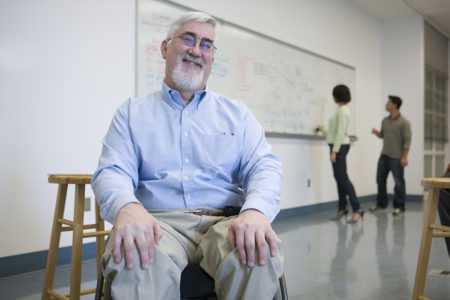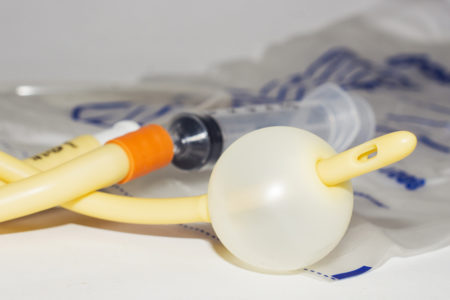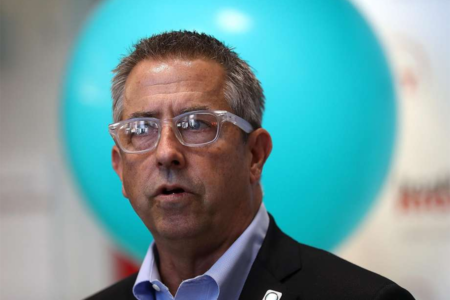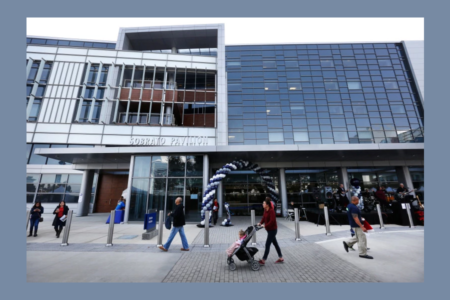By Victoria Kezra for the San Jose Mercury News
A physician at the Parkinson’s Institute and Clinical Center in Sunnyvale has been awarded $1.9 million from the California Institute for Regenerative Medicine to advance potential therapies for Parkinson’s disease.
Birgitt Schuele MD, director of gene discovery and stem cell modeling at the center, will use the funding to study the effects of lowering levels of a key protein linked to Parkinson’s disease as a possible gene therapy approach to halt the degeneration of nerve cells in patients’ brains.
Other researchers to receive similar funding are from Stanford University, UC-San Francisco, and UCLA.
“We are proud to be recognized by the CIRM among 11 projects from leading centers such as Stanford and UCs for our work,” Schuele said. “Although we are a small organization, we are at the forefront of scientific developments toward novel and innovative treatments for Parkinson’s disease.”
Parkinson’s disease is a progressive, chronic disorder of the central nervous system that affects the motor system and can impair movement, balance and coordination. Common symptoms include tremors and difficulty moving. While the causes are unknown, genetics and environmental exposures are thought to be contributing factors.
According to the institute, more than 1.5 million Americans are living with the disease, and although most patients diagnosed are over 50, some experience onset much earlier. The Sunnyvale institute does research as well as provides patient care.
According to Schuele, characteristic features in a Parkinson’s brain are clumps containing a protein called alpha-synuclein. She says studies have shown that too much of the protein can kill nerve cells. In addition, genetic research has discovered families with early and aggressive Parkinson’s have the genetic makeup that causes overproduction of alpha-synuclein.
The funding will be used in additional research to see if the gene that creates the protein can be removed, inhibiting production of it in the brain and possibly stopping the progression of the disease.



























